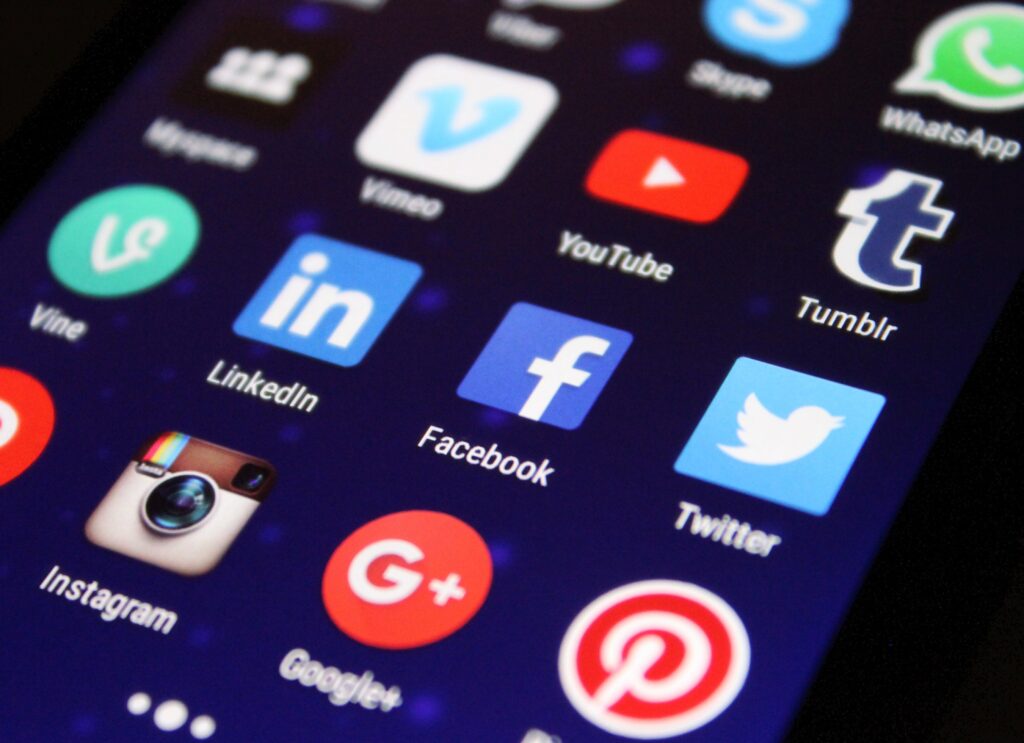Social media has become an increasingly important tool for both terrorists and counter-terrorism efforts in recent years. On one hand, terrorists have used social media to spread propaganda, recruit members, and coordinate attacks. On the other hand, counter-terrorism agencies have also turned to social media to monitor and disrupt terrorist activity, gather intelligence, and engage with communities to prevent radicalization.
One of the main ways in which terrorists have used social media is to spread propaganda and recruit members. Terrorist organizations such as ISIS have been particularly successful in using social media to spread their ideology and attract followers from around the world. They have used platforms such as Twitter, Facebook, and YouTube to disseminate their message and recruit new members, often targeting young, impressionable individuals who may be vulnerable to radicalization.
Terrorists have also used social media to coordinate and plan attacks. For example, the terrorists who carried out the 2015 Paris attacks used social media to communicate with each other and plan the attack. Similarly, the terrorists who carried out the 2018 Sri Lanka bombings used social media to coordinate the attacks and claim responsibility afterward.
In response to the threat posed by terrorists using social media, counter-terrorism agencies have also turned to these platforms to monitor and disrupt terrorist activity. They use a range of techniques, such as tracking keywords and hashtags, monitoring social media accounts, and using artificial intelligence and machine learning algorithms to identify and remove extremist content.
Counter-terrorism agencies have also used social media to engage with communities and prevent radicalization. This can include working with influencers and community leaders to promote alternative narratives and providing support and resources to individuals at risk of radicalization.
Overall, the impact of social media on terrorism and counter-terrorism efforts has been significant. While terrorists have used social media to spread propaganda, recruit members, and coordinate attacks, counter-terrorism agencies have also used these platforms to monitor and disrupt terrorist activity and prevent radicalization. However, the rapid evolution of social media presents ongoing challenges for both terrorists and counter-terrorism efforts, and it is likely that this will continue to be an important area of focus in the coming years.


